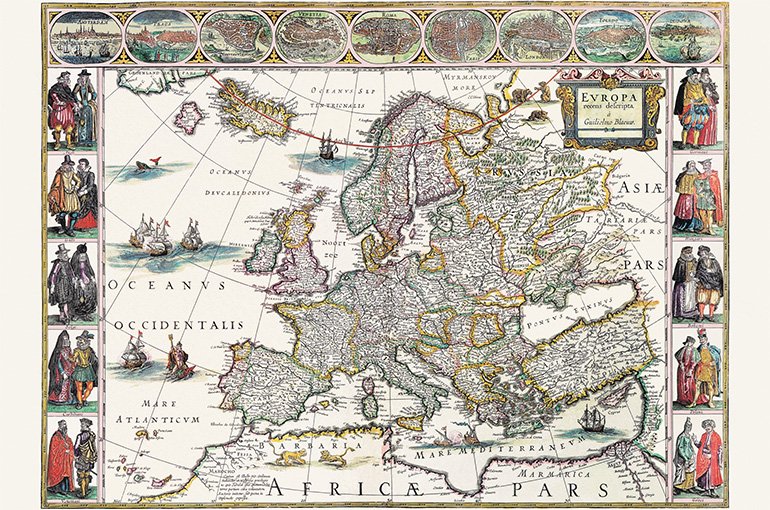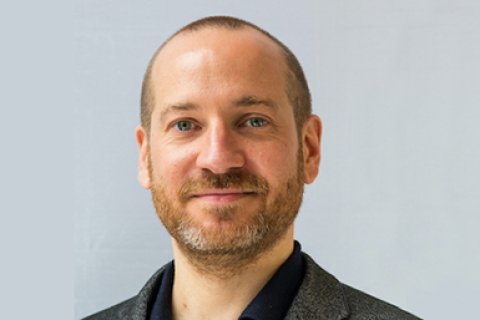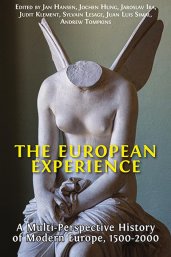“We want to internationalise and diversify European historiography”

Most English-language textbooks offer a rather narrow, Anglo-Saxon perspective on history. According to over a hundred historians from across Europe, this needs to change. Therefore, led by an editorial team headed by Assistant Professor of Cultural History Jochen Hung, they wrote the handbook ‘The European Experience: A Multi-Perspective History of Modern Europe, 1500-2000’.
European history
Working in international author teams, the over one hundred contributors hail from a range of eight European universities from the Czech Republic, Germany, France, Hungary, Spain, the United Kingdom, and the Netherlands. 33 of them are (or were) involved in the Faculty of Humanities at Utrecht University. “All the historians who participated wish to make the study of European history more international and diverse,” Hung says.

“We wanted to reflect the complexity and heterogeneity of European history. To achieve this, scholars from all over Europe pooled their knowledge on topics such as identity, cultural encounters and confrontations, power and citizenship, and economic development. The result is a diverse and colourful range of perspectives on the past five hundred years of European history.”
Internationalisation and multiperspectivity
“Higher education curricula are being increasingly internationalised and ‘The European Experience’ can make an important contribution to this,” Hung believes. “It is the first textbook on European history guided by the idea of ‘multi-perspectivity’. This means we’re using different perspectives to analyse historical events and processes.”
Hung quotes a group of Dutch researchers, led by Associate Professor Bjorn Wansink: “The notion of multiperspectivity refers, in the context of history education, to the idea that history is interpretational and subjective. Multiple narratives of particular historical events can coexist. And in our view, there was no English-language textbook that properly addressed this idea, so we hope to be able to fill this gap.”

The first week of publication raises hopes. “‘The European Experience’ is available in open access and has already been downloaded more than 1300 times worldwide,” Hung says, “including 489 times in Greece, 196 times in the United States and 103 times in Iraq.”
Teaching European History
The textbook is the major output of the project Teaching European History in the 21st Century (TEH21). This is an Erasmus+ Strategic Partnership in Higher Education, bringing together experts to produce innovative didactic methods and teaching materials.”
Utrecht University was the lead partner of TEH21 project, which ran from 2019 to 2022, and more than thirty colleagues from the Faculty of Humanities contributed. Besides the textbook, TEH21 produced video lectures, an online platform of primary source material, and a teaching guide.

